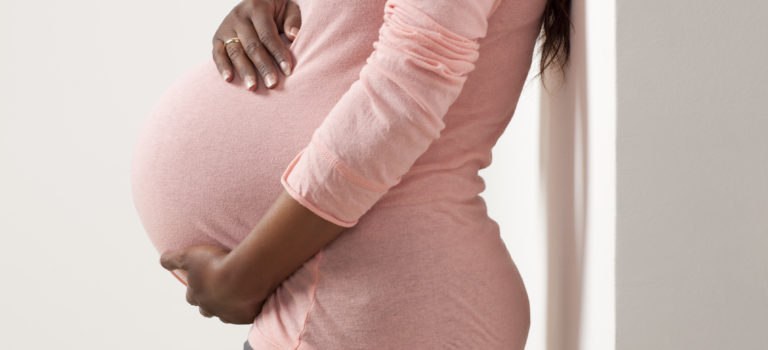Recovering after a disaster is difficult enough as it is. But if you’re pregnant, be sure to follow these tips:
- Avoid mold exposure. After a flood, moisture can remain in drywall, wood furniture, carpet and other surfaces. Buildings wet for more than 48 hours will usually have visible, significant mold growth.
- Avoid intense, physical work. You shouldn’t lift or carry heavy items.
- Ask for help. Don’t hesitate to ask family, friends or volunteers to help with removing drywall and damaged items, or hire professionals if necessary.
- Wear protective clothing, like rubber boots, gloves and masks.
- Avoid getting overheated.
- Eat regular, healthy meals. Stress can cause you to eat too much or not enough. You may also want to eat “comfort foods” that aren’t healthy. Try to stay on track.
- Avoid dehydration. Be sure to drink plenty of water.
- Heed boil advisories. If your tap water is not safe to use, wash your hands with soap and water that has been boiled or disinfected. If soap and water are not available, use an alcohol-based hand sanitizer that contains at least 60% alcohol. Hand sanitizers are not effective when hands are visibly dirty. Brush your teeth with bottled water.
- Make slow, steady movements. Watch your steps when walking near debris. Stay away from electrical wires.
- Find ways to decrease stress. Take deep belly breaths. Talk to someone about your fears or concerns. Rest as much as possible.
- Be careful with generators. They release carbon monoxide, a colorless, odorless and deadly gas. Never use generators indoors. Generators should be placed outside and as far away from your home as possible. They should not be placed on balconies or near doors, vents, or windows and do not use them near where you sleep. Keep in mind, opening doors and windows or using fans will not prevent carbon monoxide buildup.

